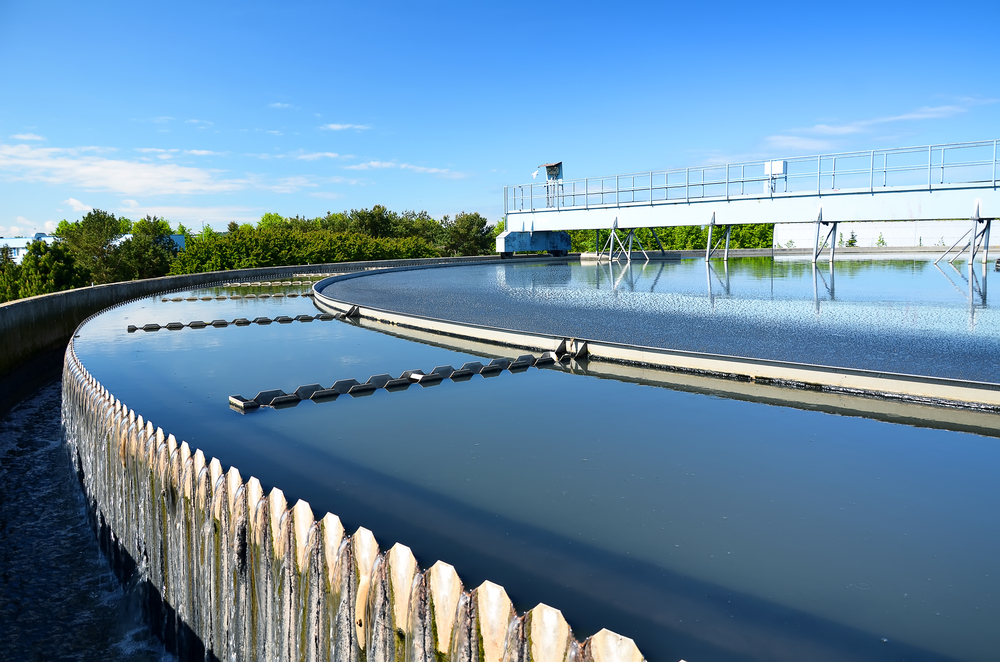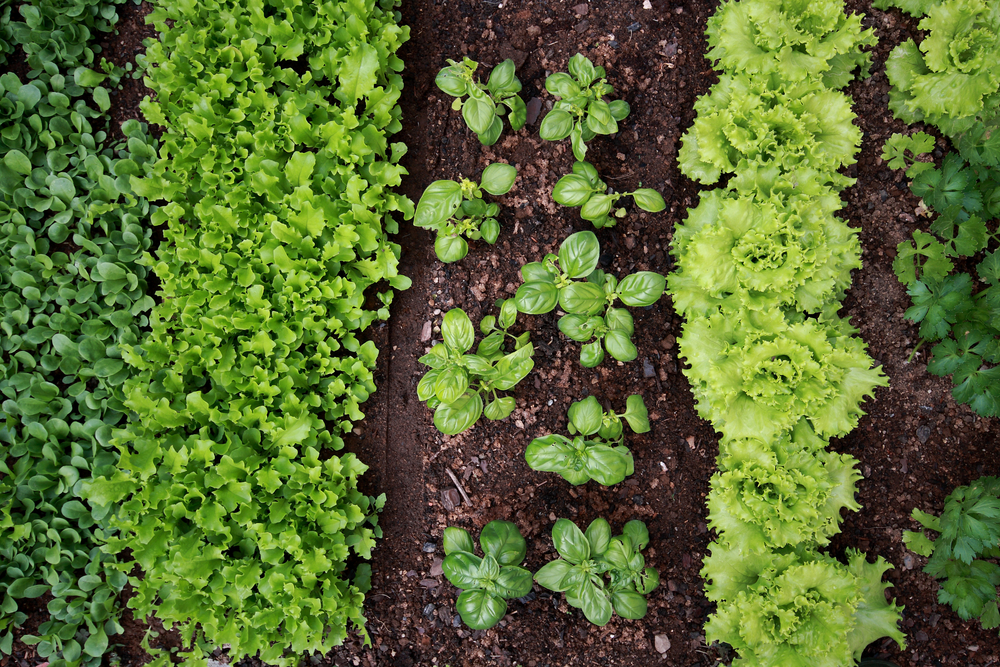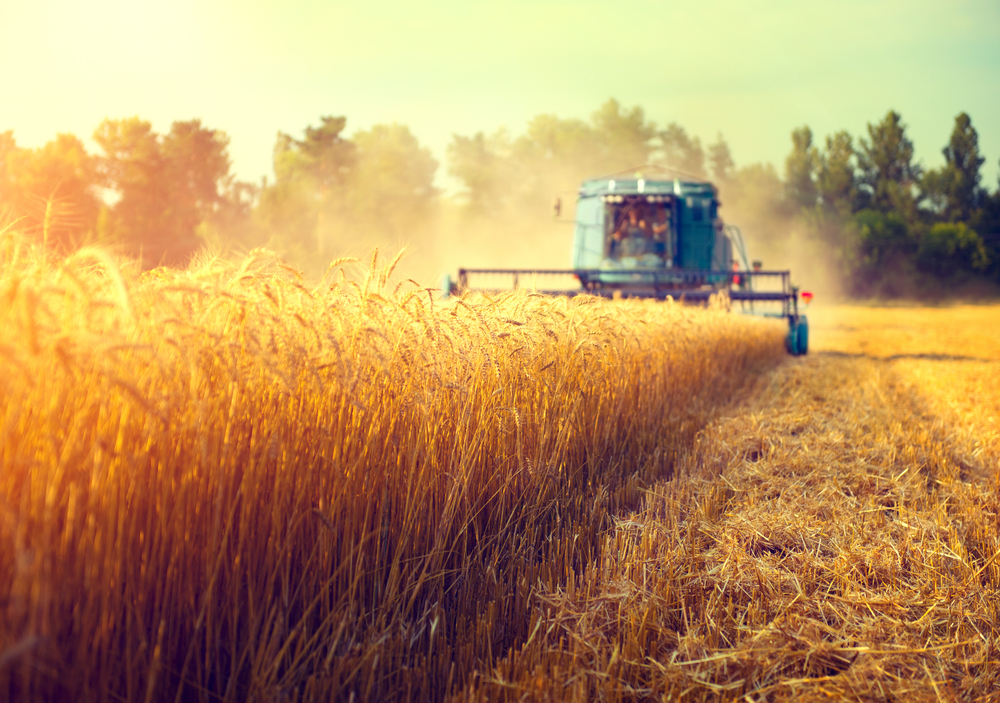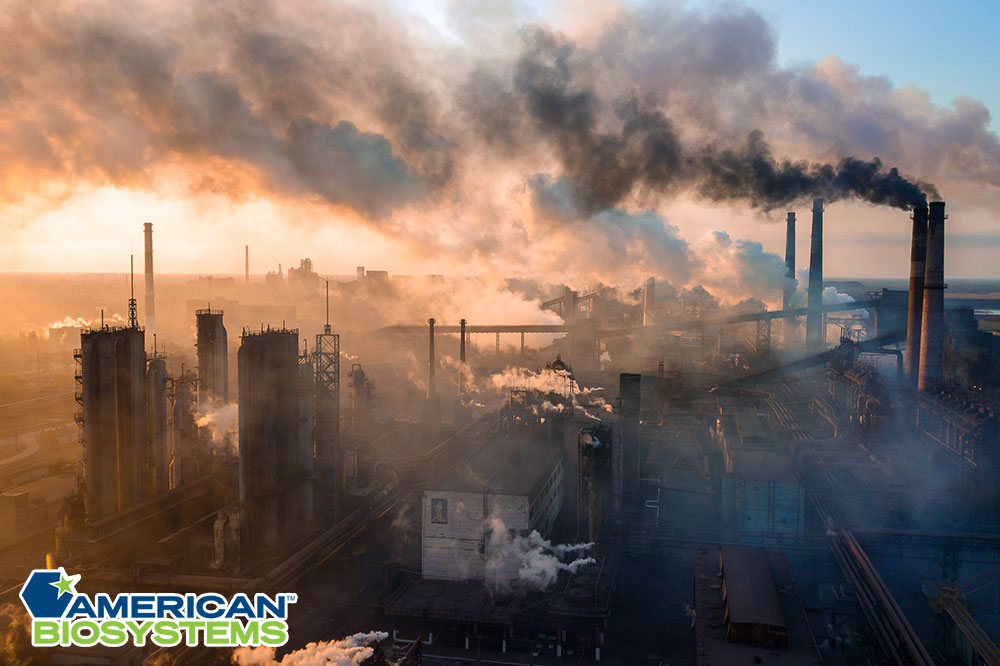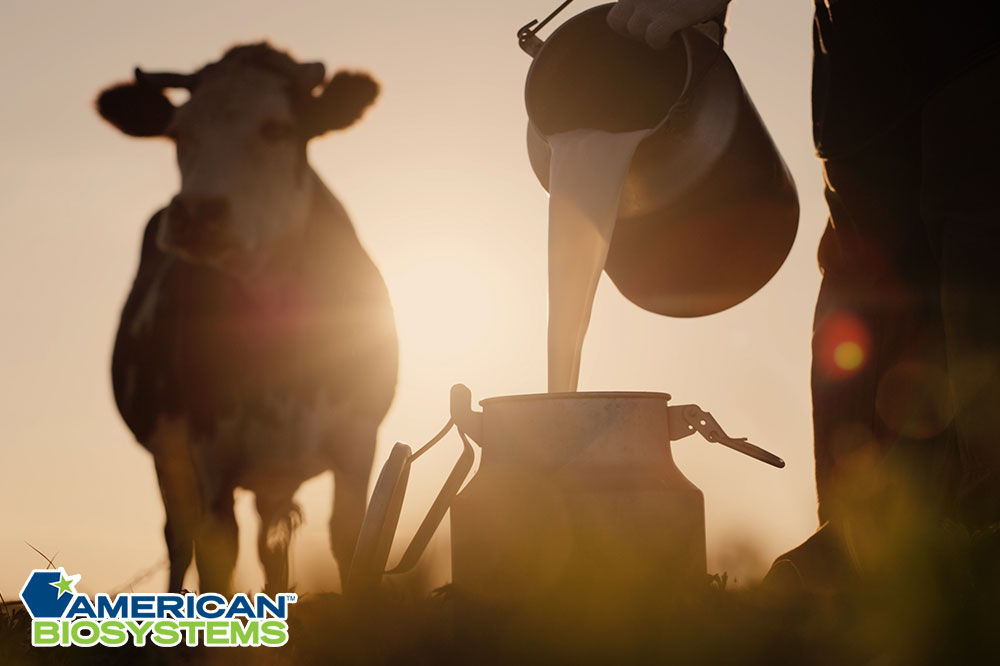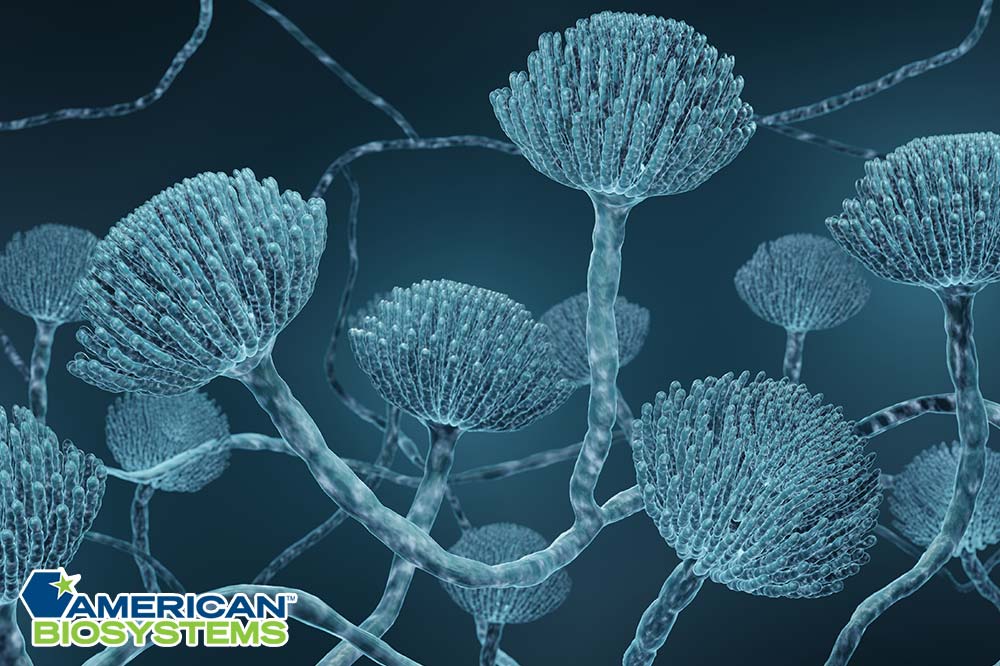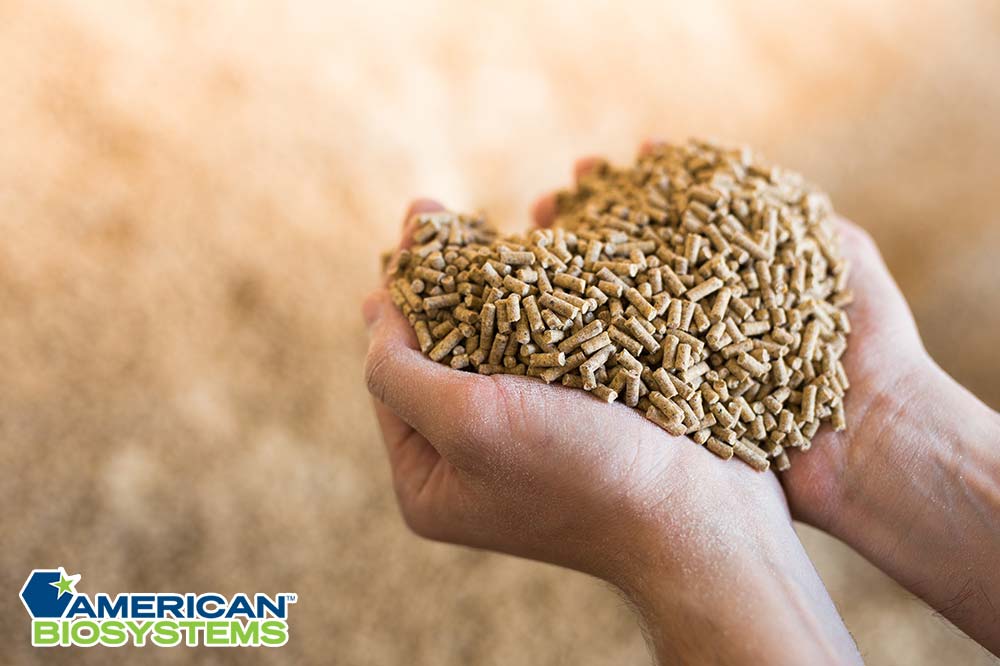Wastewater microorganisms are a safe way to naturally breakdown wastewater. These bacteria work in favor of the environment and reproduce in masses to get the job done of wastewater treatment. Activated sludge is what is used to put in the wastewater to break it down. It is the dominant bacteria that is best for the environment. As they reproduce, they continue to move along, feeding on the contents of the […]
What are the Signs of Over Fertilizing Plants?
Over fertilization of plants is a common mistake among many farmers. However, there are better ways to achieve the best results from your gardening efforts. It’s important to correct mistakes and learn how to fertilize plants properly. Some signs help you determine how much and what type of fertilizer to use. Always calculate the measurements of each time interval. By doing so, you’ll be able to ensure the application of […]
10 Sustainable Agriculture Practices to Start in 2023
The world is constantly changing, and with it, so is the environment we live in as humans. Agriculture is the key to feeding an ever-growing population, and we must make it last for us and the future generations that follow. That is where the definition of sustainable agriculture fits into play. Sustainable agriculture is the practice of protecting the environment, maintaining the fertility of the soil, and expanding natural resources […]
What is the Correct Order of Wastewater Treatment?
Wastewater treatment isn’t just good for the environment, it saves money and water too. From preventing potential diseases to stimulating the economy, there are several benefits to it. A couple of steps are involved in the procedure, and knowing the sequence is key here. You may have wondered exactly how it all plays out. Well, you’re in luck because we’re about to take you through the entire industrial wastewater treatment […]
What Can Industries Do to Help the Environment?
In the past, some industries were notorious for polluting the environment. Everything is better now that the EPA took control of the situation decades ago. However, there are measures that industries can take to keep up with their part in taking care of the environment while they operate their businesses. The way to help the environment is to have more factories turned into eco-friendly business. It will eliminate toxic waste, […]
5 Probiotic Effects on the Production of Milk
Agricultural producers consistently search for ways to help cows produce more milk. Nature thwarts them, typically with extreme heat. Probiotics can help cows produce more milk and they do so naturally without side effects. So, how do probiotics help cows? Where can you get these helpful substances? Let’s find out in this blog from American Biosystems. Probiotics and Cow Milk Production Just as humans eat probiotics, cows can, too. The […]
How is Aspergillus Used in Fermentation?
Aspergillus oryzae (A. oryzae) is a filamentous fungus that has been important for over 2,000 years for the production of soy sauce, miso, shoyu, fermented black beans, bean curd seasoning, and vinegar, although modern production of soy sauce uses a closely related microorganism, Aspergillus sojae (A. sojae). A. oryzae also is used to release sugars from rice, sweet potatoes, and barley for the production of sake and shōchū. The usefulness of Aspergillus is not limited to the […]
How Do You Calculate Feed Ration for Cattle?
One of the largest and most expensive operating costs when it comes to the livestock business is the feed for the animals. This means that in order to make a proper and very profitable animal farm business, feed expenses should be kept to the lowest minimum possible while still feeding the animals adequately and keeping them healthy. To accomplish this, animal nutrition programs from American Biosystems and other companies have […]


